Thursday, February 11, 2016
As I mentioned in the previous post, John will be traveling to Niger in the upcoming weeks to visit the site of the Farmers of the Future. Niger is one of the world's most challenging places to live, economically speaking. But when it comes to reducing extreme poverty, Niger is a great place for EPN to work. Here’s why.
Niger: Quick Facts
Population: 19,113,728 (2014 census)
Capital: Niamey
Bordered by: Nigeria, Chad, Algeria, Mali, Burkina Faso, Benin, and Libya (a pretty neighborhood these days)
Landmarks:
- Aïr mountains (a cooler region with altitudes over 1800 meters)
- Ténéré desert (where temperatures often exceed 122 F)
- The W National Park (home to buffalo, hippo, lions, antelope, and elephants)
- The Great Mosque in Agadez (mud-architecture with 27-meter minaret)
- Neolithic rock engravings – some in museums, others left in remote areas
Languages: French (official government language), and 5 main local languages: Hausa, Songhai, Fula/Fulbe, Kanuri/Beri-Beri, Tamasheq/Tamajaq
Motto: “Fraternité, Travail, Progrès” which means “Brotherhood, Work, Progress.”
Geography & Climate
Niger is the largest country in West Africa; to give you a sense of its size, its area is just under two times that of Texas. It has one of the hottest climates in the world, and as such has been nicknamed “the frying pan of the world.” Over 80% of its land is covered by the Sahara Desert, and only 0.02% of its area is covered by water.
People & Culture
Over 90% of the population is Sunni Muslim. Some of the people are nomadic or semi-nomadic, following ancient grazing routes.
Subsistence Farming
The vast majority of the population of Niger survives by subsistence farming, which means that they only raise enough animals and grow enough crops to meet the family's needs. Women are often left for long periods of time while their husbands look for work in town centers or graze the herds. In their absence, the women farm the land and care for children and elderly relatives.
Cattle, sheep, and goats are the main herds that graze the land, and millet, sorghum, and cow peas are important agriculturally. But when the rains are poor, people really struggle. Rainfall has been decreasing over the last 50 years and severe droughts have led to pronounced food shortages as recently as in 2005 and 2009. Agricultural experts are engineering crops that will grow quickly to take advantage of what rains do fall.
While most of the land is too dry to grow crops, Niger’s southeast and southwest corners have more fertile soil. In the southwest lies the Niger River Basin, which Niger shares with eight other countries. The Niger River supports farmers, cattle grazers, and fishermen from all these neighboring countries, and it is thus a very fragile region. In order to preserve it, they have developed one of the world’s most progressive river management systems: The Niger River Basin Authority, whose responsibility it is to ensure that the Niger River’s resources are used judiciously and that it benefits the local communities.
Farmers of the Future
Perhaps you remember reading about our EPN Hero, Dov Pasternak? Dov lived in Niger for 10 years and has worked with thousands of rural farmers in the country. For all the challenges they face, Dov describes Nigeriens as some of the most kind-hearted people he has met anywhere in the world. And Dov has seen a lot of the world!
Farmers of the Future nurseries - Niger
Dov is the father of the Farmers of the Future project, and has developed a range of techniques to grow hardy vegetables even on severely degraded land. He’s helping Nigeriens rethink agriculture, to view it as a business and not just a means of survival. Using irrigation to grow and sell high value vegetables, farmers generate significant profits which they can use to purchase essentials and raise their standard of living. John will be visiting Niger in March along with Dov and reporting back on the progress with the Farmers of the Future program.
The need is great in Niger, and EPN is making great gains there. Stay tuned for more!

